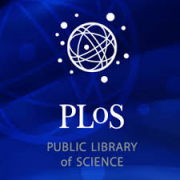Posted on August 16, 2017
Source: PLoS One

HIV self-testing values and preferences among sex workers, fishermen, and mainland community members in Rakai, Uganda: A qualitative study
Virginia M. Burke, Neema Nakyanjo, William Ddaaki, Caitlin Payne, Naadiya Hutchinson, Maria J. Wawer, Fred Nalugoda, Caitlin E. Kennedy
HIV self-testing may encourage greater uptake of testing, particularly among key populations and other high-risk groups, but local community perceptions will influence test uptake and use. We conducted 33 in-depth interviews and 6 focus group discussions with healthcare providers and community members in high-risk fishing communities (including sex workers and fishermen) and lower-risk mainland communities in rural Uganda to evaluate values and preferences around HIV self-testing. While most participants were unfamiliar with HIV self-testing, they cited a range of potential benefits, including privacy, convenience, and ability to test before sex. Concerns focused on the absence of a health professional, risks of careless kit disposal and limited linkage to care. Participants also discussed issues of kit distribution strategies and cost, among others. Ultimately, most participants concluded that benefits outweighed risks. Our findings suggest a potential role for HIV self-testing across populations in these settings, particularly among these key populations. Program implementers will need to consider how to balance HIV self-testing accessibility with necessary professional support.